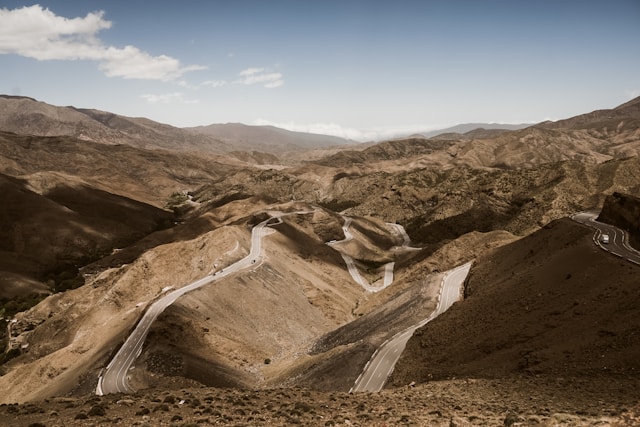Europe and Africa have built an important connection around the supply of critical minerals, but that relationship can be improved, with EU expertise to help Africa decarbonize, a cross-border approach to mining, and a focus on Africa’s development needs, according to a recent panel of experts.
Amid rising geopolitical tensions, the EU has intensified efforts to diversify its critical mineral supply chains through strategic partnerships with African nations. Since 2022, the EU has formalized agreements with Namibia, the DRC, Zambia, and Rwanda—and plugged into projects like the Lobito Corridor transport network—to secure access to critical minerals, strengthen European industrial resilience, and accelerate the green transition.
Critical minerals are essential for the production of electric vehicles and other climate-friendly technologies. Key initiatives like the Critical Raw Materials Act and the Global Gateway Initiative aim to ensure Europe’s long-term supply security, but as progress stalls, concerns about regulatory alignment and investment strategies grow.
To address these challenges, the European Council on Foreign Relations held an online panel entitled “Critical minerals and EU-Africa strategic partnerships: where do we stand?” Experts and officials discussed the most pressing issues, identified policy and implementation options, and explored the specific value of the EU’s approach to fostering resilient, sustainable partnerships with Africa.
Strategic goals and implementation challenges
The EU’s partnerships are designed to secure reliable access to critical raw materials like cobalt, lithium, and rare earth elements, essential for sectors such as renewable energy, digitalization, and transport. Simultaneously, these partnerships should bolster Africa’s industrial ambitions by developing sustainable value chains, panelists agreed.
Andrea Clerici, Head of Corporate Finance at the European Investment Bank (EIB), told the panel that “investments in critical raw materials are essential to maintaining Europe’s competitive edge.” The EIB’s commitment includes financing projects tied to mining, processing, and recycling, that also focus on strategic collaboration with African partners to align the EU’s critical raw material goals with Africa’s industrial aspirations.
Yet a paradox remains, noted Junior Lodge, Assistant Secretary-General of the Organization of African, Caribbean and Pacific States: “Africa, particularly in nations like the DRC, holds significant reserves of critical minerals yet continues to struggle with underdevelopment,” he said. He saw the need for structural reforms to ensure that Africa fully benefits from its resource wealth, fostering sustainable economic growth.
Meanwhile Europe faces fierce global competition for critical minerals, with countries like China, the U.S., and others pushing for access to Africa’s resources. Vitor Correia, Secretary General of the International Raw Materials Observatory, warned that “European policies, while ambitious, often falter when confronted with the realities on the ground.”
Strategic recommendations: Moving forward
Seeking ways to overcome these challenges, experts at the panel discussed key areas where the EU-Africa partnerships must evolve. One such area is the integration of renewable energy infrastructure into mining operations, an approach where Europe’s expertise could make a significant impact. “The EIB is increasingly focused on financing renewable energy projects to support energy- intensive industries like mining,” Clerici pointed out.
Moreover, a regional approach to collaboration within Africa is crucial. Instead of fragmented national efforts, fostering cross-border cooperation and developing strategic mineral clusters could lead to more resilient, sustainable supply chains. Lodge added.
One example given was the Lobito Corridor — a rail network linking mineral-rich regions of DRC, Zambia, and Angola—that may be extended to Tanzania, to connect the Atlantic and Indian oceans.
“African nations must adopt coordinated policies that ensure mutual benefit and equity in these partnerships,” Lodge said.
African governments are already beginning to develop their own national strategies for critical raw materials, ensuring they leverage their resources for long-term economic development. Namibia, for example, has already adopted a green hydrogen strategy aimed at building sustainable industries around its mineral wealth.
The EU-Africa critical mineral partnerships, while challenging, hold immense potential to reshape global supply chains, boost Europe’s green transition, and foster Africa’s economic development. To realize this vision, both regions must address regulatory inconsistencies, increase infrastructure investments, and foster collaborative frameworks that balance the interests of all stakeholders, panelists agreed. As these partnerships evolve, they could serve as models for sustainable development and strategic cooperation between continents, they said.














